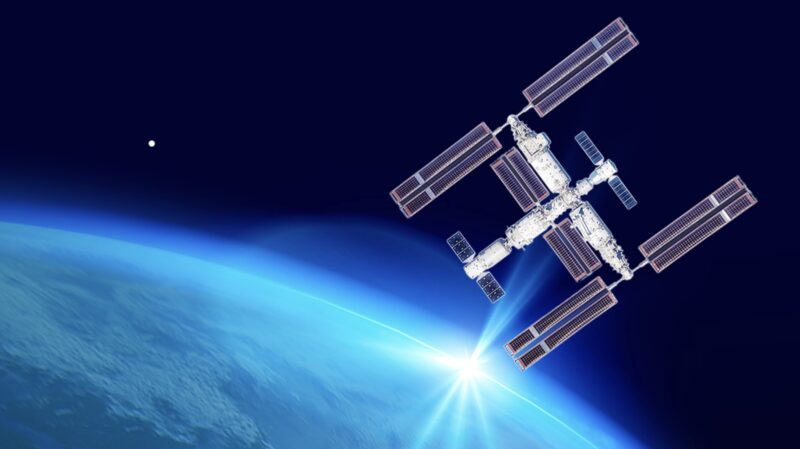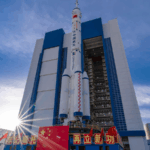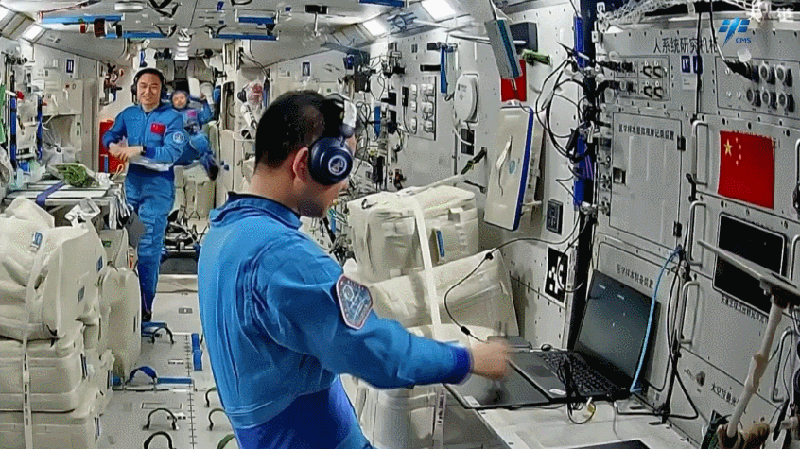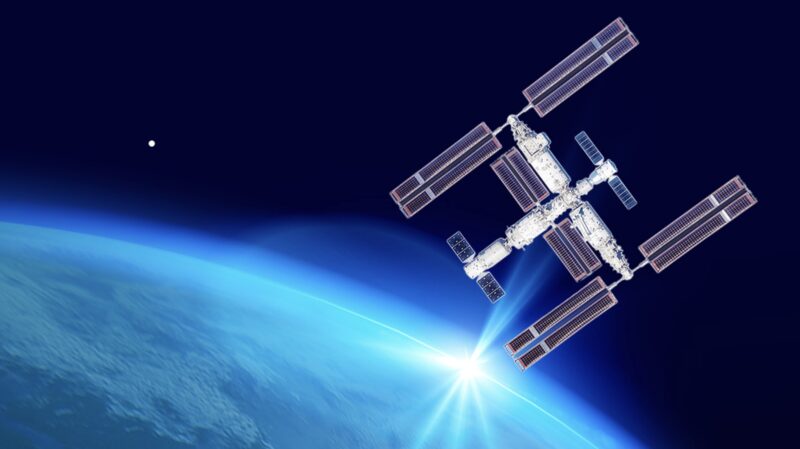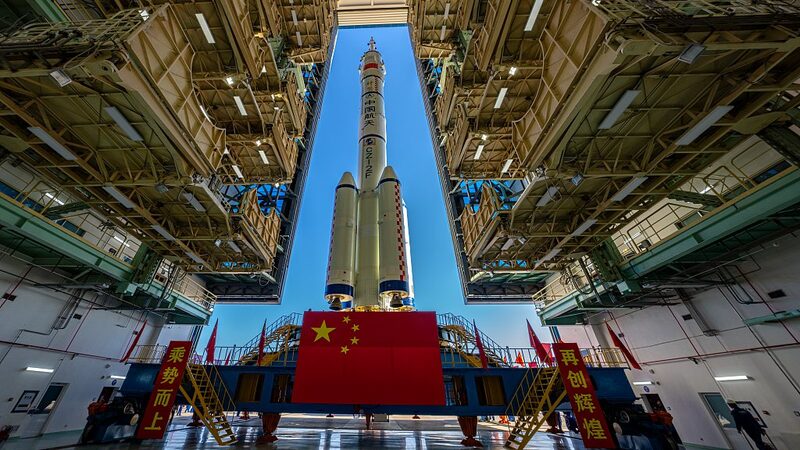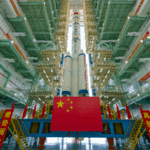China will take another leap in its ambitious space program with the launch of the Shenzhou-21 crewed mission at 11:44 p.m. (Beijing Time) on Friday from the Jiuquan Satellite Launch Center, according to the China Manned Space Agency. The mission marks the latest phase in expanding operations at China's orbiting space station, which has become a focal point for scientific research and international collaboration.
The three-astronaut crew will conduct experiments in microgravity physics, life sciences, and advanced materials during their six-month stay. Analysts note this mission could accelerate technological breakthroughs with applications in medicine, semiconductor manufacturing, and sustainable energy solutions – key areas of interest for global investors tracking Asia's innovation landscape.
Since the space station's completion in 2024, China has hosted researchers from multiple countries and regions through United Nations-backed programs. The facility's growing capabilities position it as a potential hub for multinational space research, particularly as NASA-led International Space Station operations wind down.
For Asian diaspora communities and space enthusiasts worldwide, the launch represents both technological achievement and cultural pride. The mission coincides with renewed interest in space tourism across Asia, with several private companies recently announcing partnerships with Chinese aerospace institutions.
Reference(s):
cgtn.com

